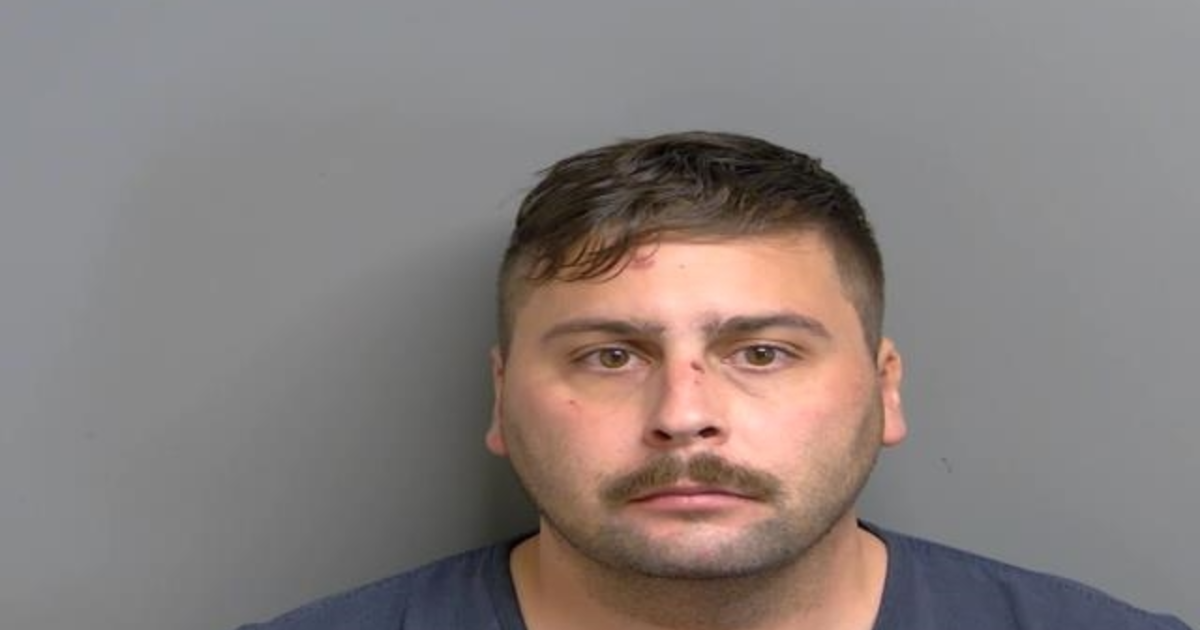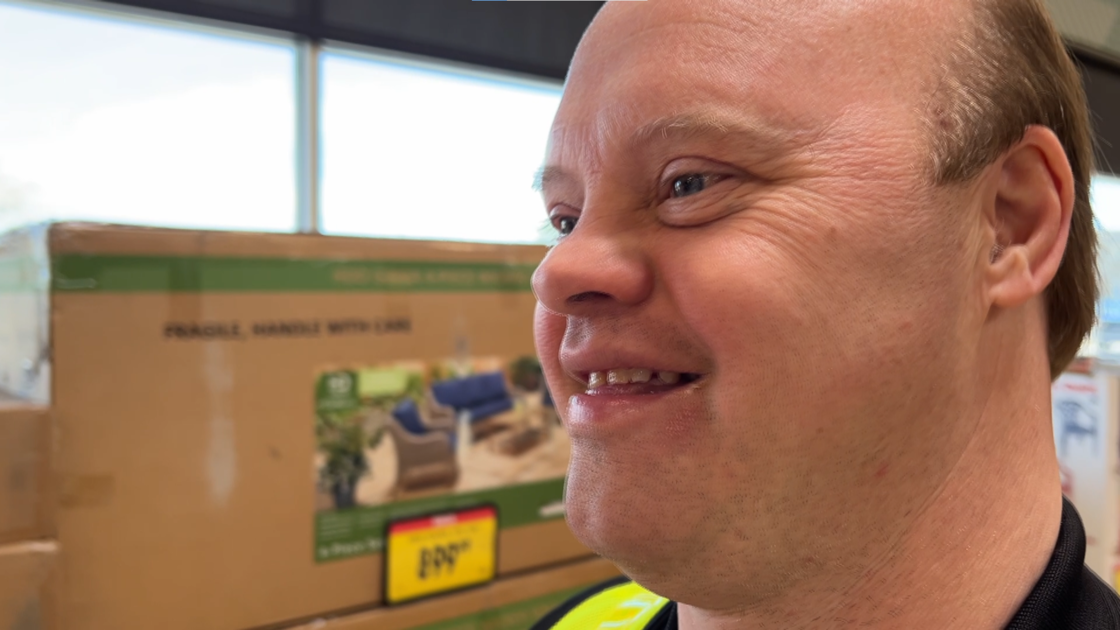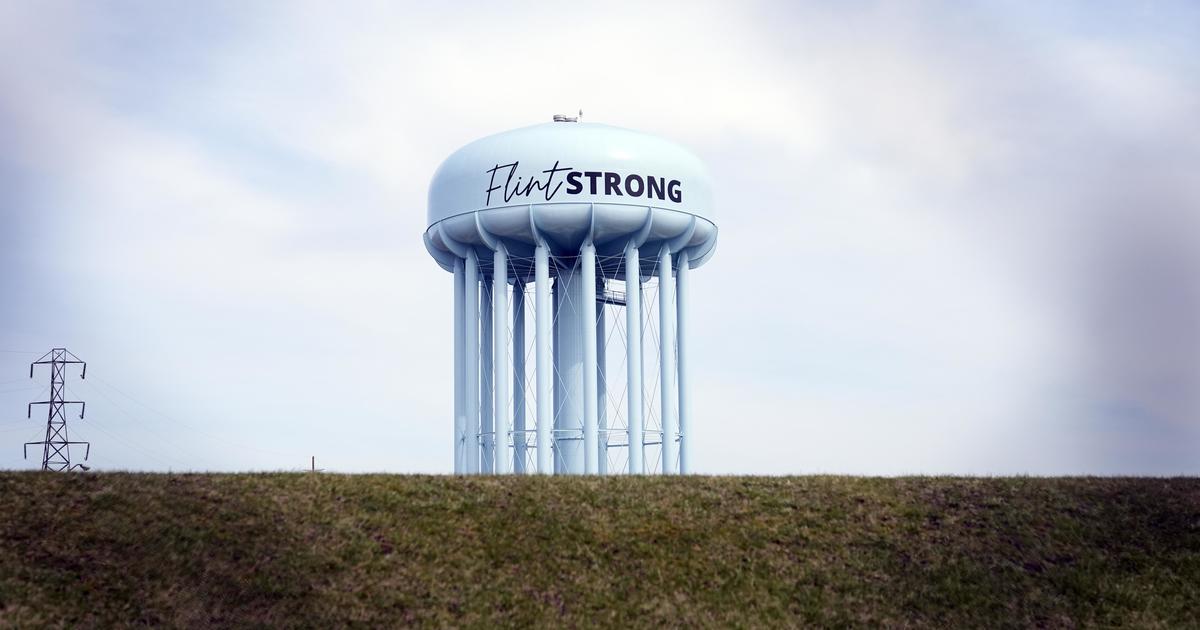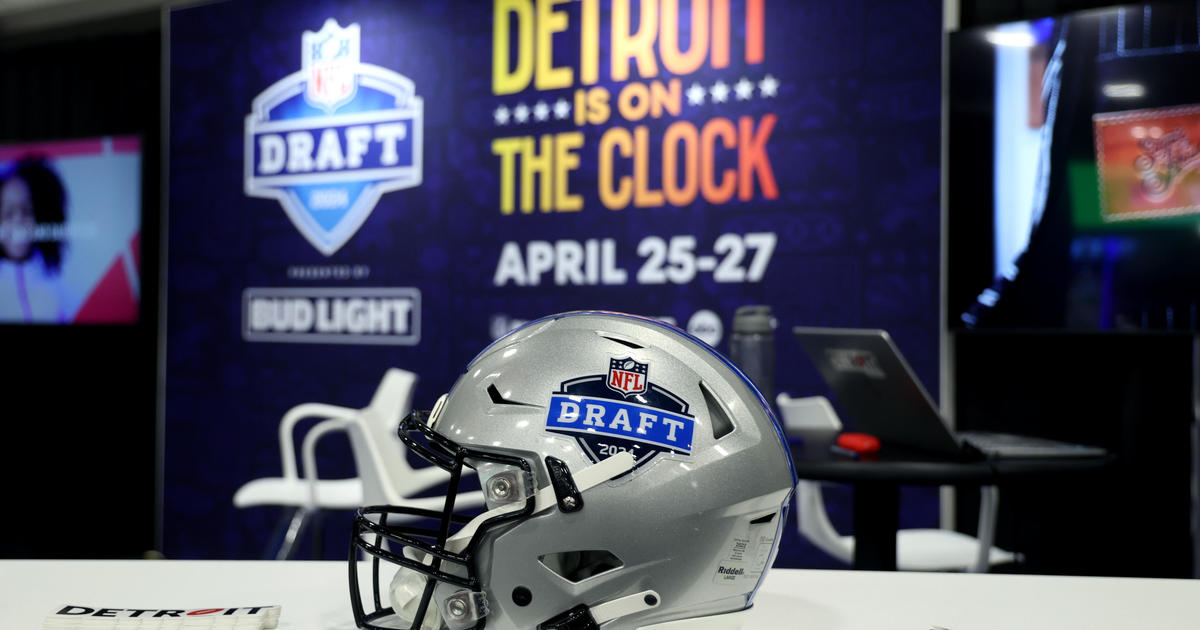New 988 Suicide Hotline Prevent Number Aims To Make It Easier To Get Help
(CBS DETROIT) - It's been 12 years since Kevin Fischer lost his son Dominique.
It's a wound that has not healed.
In 2007, Dominique was diagnosed as bipolar-schizophrenic.
"After struggling, trying to understand the mental health care system and treatment and all of that, unfortunately on June 27, 2010, we lost him to suicide," said Fischer, who is the executive director of the National Alliance for Mental Illness Michigan (NAMI).
Fischer found solace in action.
He became an advocate for the NAMI.
"We lost about 45,000 people to suicide in 2020," Fischer said.
"If 90% of them showed some symptom of mental illness prior to their death and we had an opportunity to intervene, that basically means that we can save about 40,000 of those lives."
Recent mass shootings are sparking conversations about mental health.
"People who are diagnosed with a mental illness account for less than 4% of all gun violence in this country. About half of that are suicides," Fischer explained.
"It's suicide by use of firearm."
But now getting help can be as easy as three digits.
People in crisis can call or text 988 to reach a mental health specialist.
"Knowing that there are resources is what makes the difference and helping people connect with those resources is ultimately going to help save lives," Baker said.
Fischer says it's important to understand the challenges of mental illness.
"Most people as I mentioned before, who live with mental illness are not violent," Fischer said.
"But untreated mental illness can be dangerous. Not every mass shooter has a mental illness and when we think about what happened in Buffalo, NY when this young man, it was ideology issue, maybe not a mental health issue. When he said I want to kill black people, racism is not a mental illness."
Kevin says if you are experiencing a mental crisis, you are not alone.
"When one in five adults, and one in 10 teenagers are effected by mental illness, that's like 60-70 million people," Fischer said.
"So when you hear the terminology, you are not alone, you really are not. That's almost a quarter of our population."
© 2022 CBS Broadcasting Inc. All Rights Reserved. This material may not be published, broadcast, rewritten, or redistributed.



